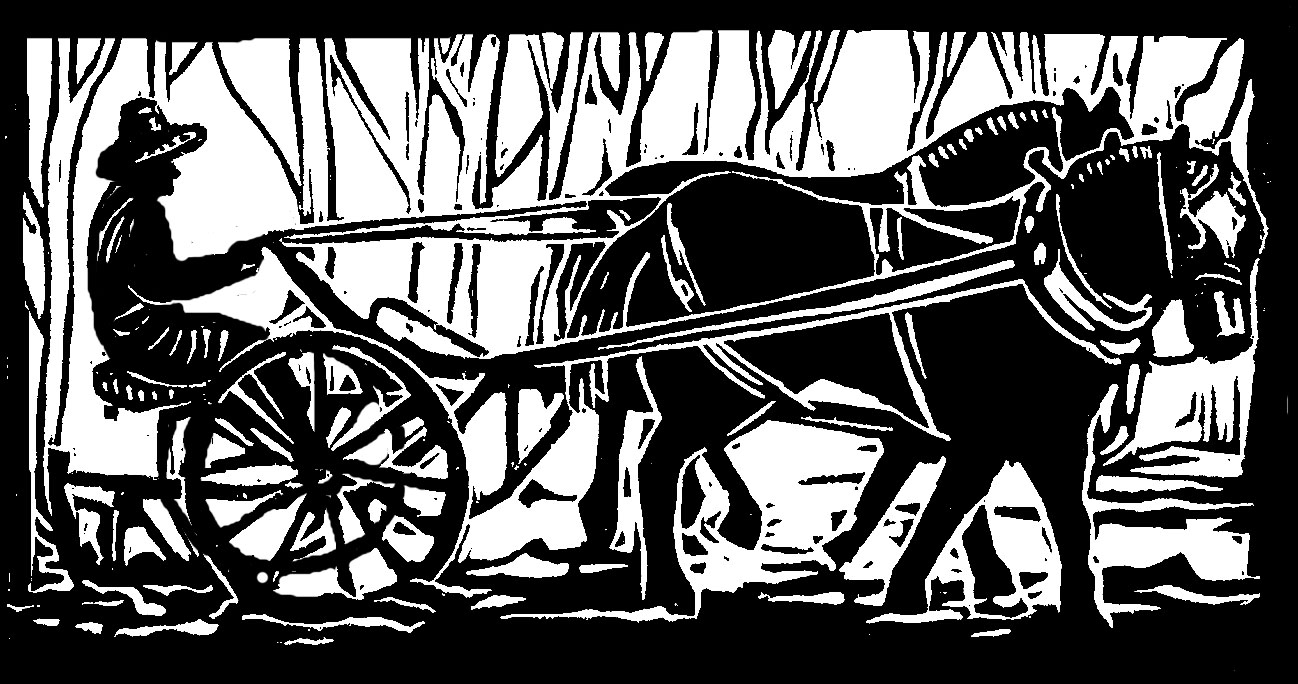Here on our New Hampshire vegetable farm, we get slower and slower as the weather gets colder and colder. Instead of farmers growing vegetables, it is farmers becoming vegetables.
In fact, on our very last farmers' market harvest, we were so slow we barely made it to the market. Granted, we had been dithering about whether we had enough produce to sell, and “Let's not go,” we moaned. “We're too tired.”
Unfortunately, the idea of not going pepped us up enough to remember just how much food we had left. We had some onions, and potatoes, some winter squash and carrots, some red and green peppers, a few tomatoes.
“We can eat all that this winter,” we bolstered ourselves.
“But what about all that cabbage?” we groaned in unison.
And what about all that lettuce and spinach and pac choi that has only just gotten big enough, staying alive with the help of propane heat in the greenhouse, just so we could take them to market?
We gave in, to the prodigious cabbage, to the budget-bashing propane. Not only did we give in, but we give in big: we would go to not one, but two farmers' markets, at the same time.
First there was the Stonewall Farm Fare, on both Friday night and Saturday, 9-3. Then there was the Walpole Farmers' Market, on Saturday, 9-1. We hustled and harvested, washed and bagged and bundled.
To our credit, we genuinely thought that the Friday night market started at five, so when my fellow drove in at 4:30, pleased to have plenty of time to set up, he was surprised to see the fare already open. The other farmers, minding their booths in the brisk outside air, assured him he hadn't missed much in the first half hour, and he enjoyed the outdoor fire, and the other vegetable (-like!) farmers' company.
On Saturday morning, we thought we had given ourselves plenty of time, rolling out of bed a few minutes before seven. Alas, readying for two markets is not the same as readying for one, which we might have realized if we weren't already falling into our winter torpor, or stupor, you might say.
We packed two vehicles, with matching crates and buckets of veggies, and I finally sent my fellow off to Walpole, at ten of nine, as it would take him longer to get to his market. I myself left after nine, and we both got to our respective markets right on time: i.e., half an hour late.
“Are you a vendor, or a shopper?” asked the friendly Stonewall parking person.
“I am a terribly late vendor,” I admitted, and the friendly person laughed and waved me on. I set up my table with the the help of the other farmers, who assured me I hadn't missed much in the first half hour, and then we enjoyed the fire and the company. Plus we all sold some vegetables, though not much cabbage, and some of our kale (just one tiny leaf) went to feed the Stonewall Farm bunny.
At around one, we farmers all felt limp, since normal market hours are nine to one, not nine to three. But we cheered ourselves with the thought of my fellow coming to join us from the Walpole market. Happily, he was just in time for me to go admire the craft vendors' wares inside the building, and to help all the farmers pack up their tables. Then we two drove home in our two vehicles.
“It's a good thing we weren't driving together,” I said, when we got home, “or we might have stopped for pizza.”
“Shucks!” said my fellow, who loves pizza. He had had water and a piece of cheese for lunch, and I had had peanut butter and carrots.
“We would have used up all our profits,” I said.
“People before profits!” answered my pizza-and-political-slogan loving fellow.
“Don't you mean pizza before profits?” I said. We both laughed a lot, in our limp, vegetable-like way, and threw together a fast and easy tomato soup.
I sighed happily, eating my soup. “Well, that's done for the year.”
“Well, I was thinking just one more. The Keene market, right before Christmas. Because we get one guest vendor slot in the winter market.”
“Wow,” I said. “Wow. I might have to lie down on the couch to think about that one.”
“You could lie down on a bag of cabbage instead, my vegetable friend,” my fellow suggested.
“Come join me,” I answered, and he did.
Originally published in the Monadnock Shopper News, Dec 18- Dec 24, 2019
